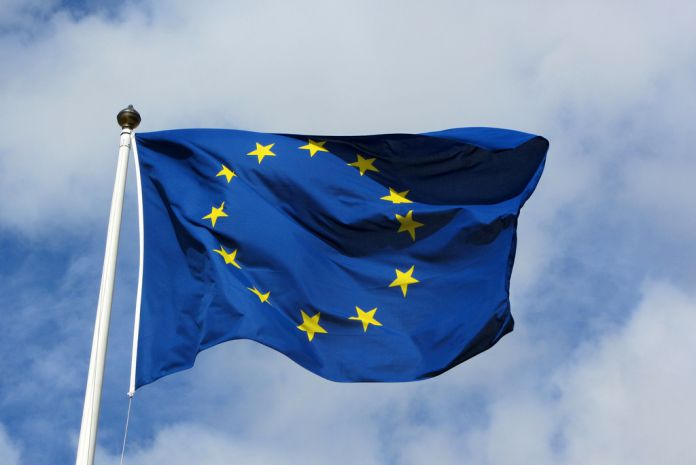The European Union's attempt to regulate the dominance of major tech companies has made progress. Microsoft and Google have accepted their status under the Digital Markets Act (DMA), which the EU enacted to promote fair competition and innovation. This acceptance will lead to several changes in how these companies operate within the European market, including allowing more freedom for users to choose competing services.
The Digital Markets Act in Detail
Under the DMA, which came into force in September, the EU mandated that 22 services from six leading tech firms, including Google and Microsoft, must abide by new rules intended to level the playing field. These rules, for instance, stipulate that messaging services must be interoperable with their counterparts from other companies and that users have the liberty to pre-install whatever applications they prefer on their devices. Companies had until November 16 to lodge appeals with the General Court in Luxembourg but Google and Microsoft have chosen not to exercise this right.
Google, which operates numerous affected services such as Android, Google Maps, and its search engine, has adopted a pragmatic approach towards EU regulatory measures, focusing on cooperation more so than confrontation. Microsoft has expressed a similar sentiment, specifically mentioning its intent to ensure compliance for both Windows and LinkedIn in accordance with the DMA's obligations.
The DMA, a legislative initiative within the EU, endeavors to address mounting concerns pertaining to market dominance and anti-competitive practices within the tech sector. Its mission is to level the playing field for digital enterprises by vigilantly overseeing the operations of firms wielding significant market clout.
Under the terminology of the law, controlling big tech platforms are called “gatekeepers”. These are platforms that have a huge impact on the EU's internal market and serve as intermediaries for millions of users and businesses.
Impact and Reactions and Unease from Big Tech
While Google and Microsoft have taken steps towards accommodation, industry insiders suggest that other firms, like Meta and TikTok, may still challenge their gatekeeper designations. Meta's services such as Facebook, Instagram, Marketplace, and WhatsApp, as well as TikTok, run by ByteDance, have also been tagged with the gatekeeper label. Unlike Google and Microsoft, Amazon and Meta have not publicly disclosed their stance on the DMA. Meanwhile, Apple has not responded to inquiries regarding their position, following reports hinting at a potential challenge to its gatekeeper status.
The DMA is part of a broader initiative, alongside the Digital Services Act (DSA), to regulate tech companies' responsibilities especially when it comes to content on their platforms. Some firms, including Zalando and Amazon, have already posed challenges to the DSA, indicating the ongoing tension between regulatory efforts and business interests in the digital space.






